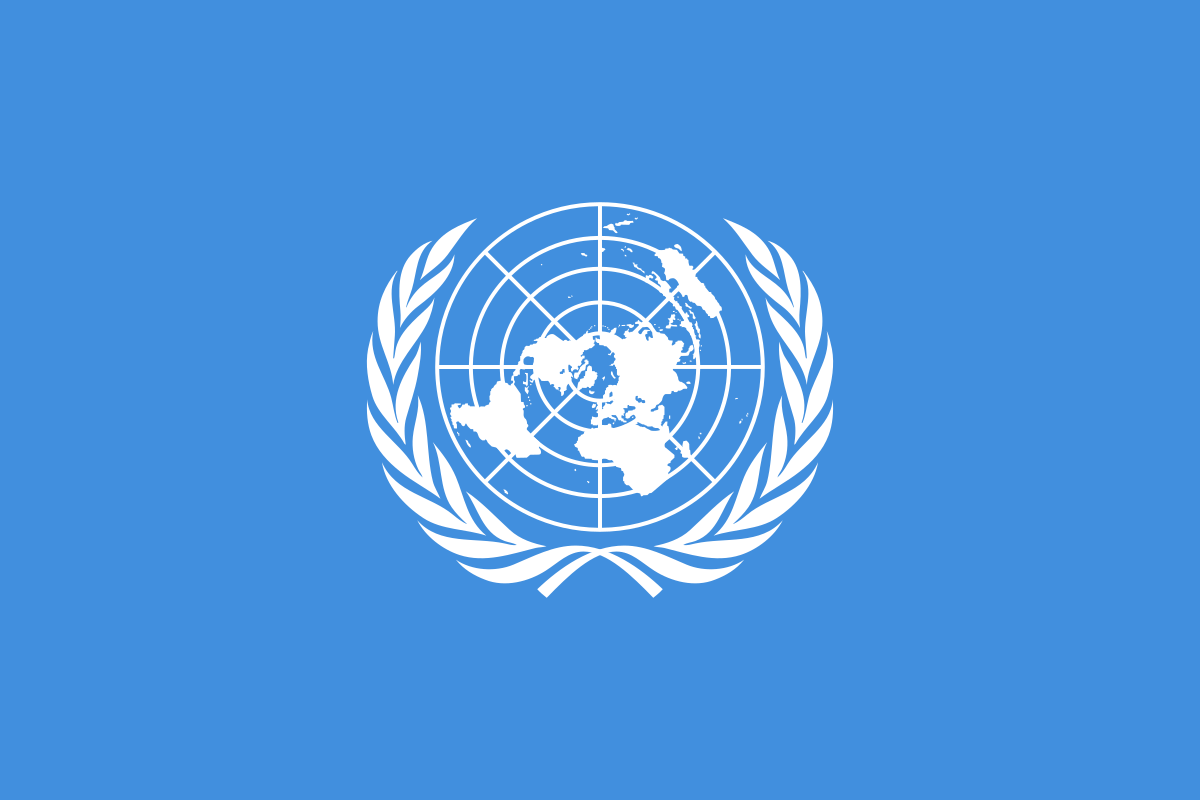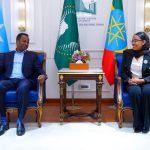Mogadishu (SONNA) – As Somalia reaches the six-month milestone since the announcement of the country’s first confirmed case of coronavirus (COVID-19), the United Nations family in Somalia today lauded the many health workers who have worked tirelessly to prevent the spread of COVID-19 and provide support to infected people.
“The efforts that Somali health workers have made to contain the pandemic and help those affected by the virus have literally saved lives. This heroic work is a testament to their commitment and dedication, often under extremely challenging conditions,” said the UN Secretary-General’s Special Representative for Somalia, James Swan.
“They achieved these life-saving outcomes despite a very fragile and weakened health system in Somalia – the result of three decades of conflict, protracted crisis and repeated humanitarian emergencies. The results show their fortitude as well as the importance of the Somali authorities and national and international partners working together,” he added.
Along with national and international partners, the United Nations family – spearheaded by the UN World Health Organization (WHO) – began ramping up its support even before the first case of the deadly virus was announced on 16 March. In February, it began working with Somali authorities to prepare for the prevention and early detection of imported cases, and the management of suspected and confirmed cases within communities.
Since then, the United Nations and its partners helped Somalia deploy 73 well-trained rapid response teams, including more than 3,300 community health workers in 49 districts across the country, for early case detection and contact tracing. These frontline health workers have visited more than 1.5 million households over the last six months, reaching approximately six million people – contributing significantly to reducing transmission and slowing down the virus’ spread.
The United Nations’ collaboration with national medical authorities also led to the establishment of 18 isolation centres across the country, equipped with ventilators, oxygen concentrators, intensive care unit beds and other material; the transport of thousands of samples and pieces of equipment around the country; and public health campaigns to raise awareness about COVID-19.
“Over the past six months, this unprecedented event has required an unprecedented response – an integrated, coordinated and timely response. This took place, and working as ‘One UN’ the UN agencies in Somalia will continue supporting Somali-led activities to serve and protect the most vulnerable and help health systems recover better and stronger from this crisis,” said the Secretary-General’s Deputy Special Representative for Somalia, Adam Abdelmoula, who also serves as UN Resident Coordinator and Humanitarian Coordinator for the country.
At the same time, while the past six months have seen achievements in containing the pandemic in Somalia, the United Nations highlighted that the response to COVID-19 was far from over.
“I would like to remind everyone that we may still have a long way to go. Even though cases in the national count may seem to have dropped, we still have to reach more communities and vulnerable people – I strongly urge Somali communities to do their part and exercise caution to avoid COVID-19 infections,” said the WHO Representative for Somalia, Dr. Mamunur Rahman Malik. “To our donor community, I extend our sincere gratitude for the support provided. However, the job is not done yet; we still need to strengthen the public health system from grassroots levels upwards to build back better in Somalia.”





